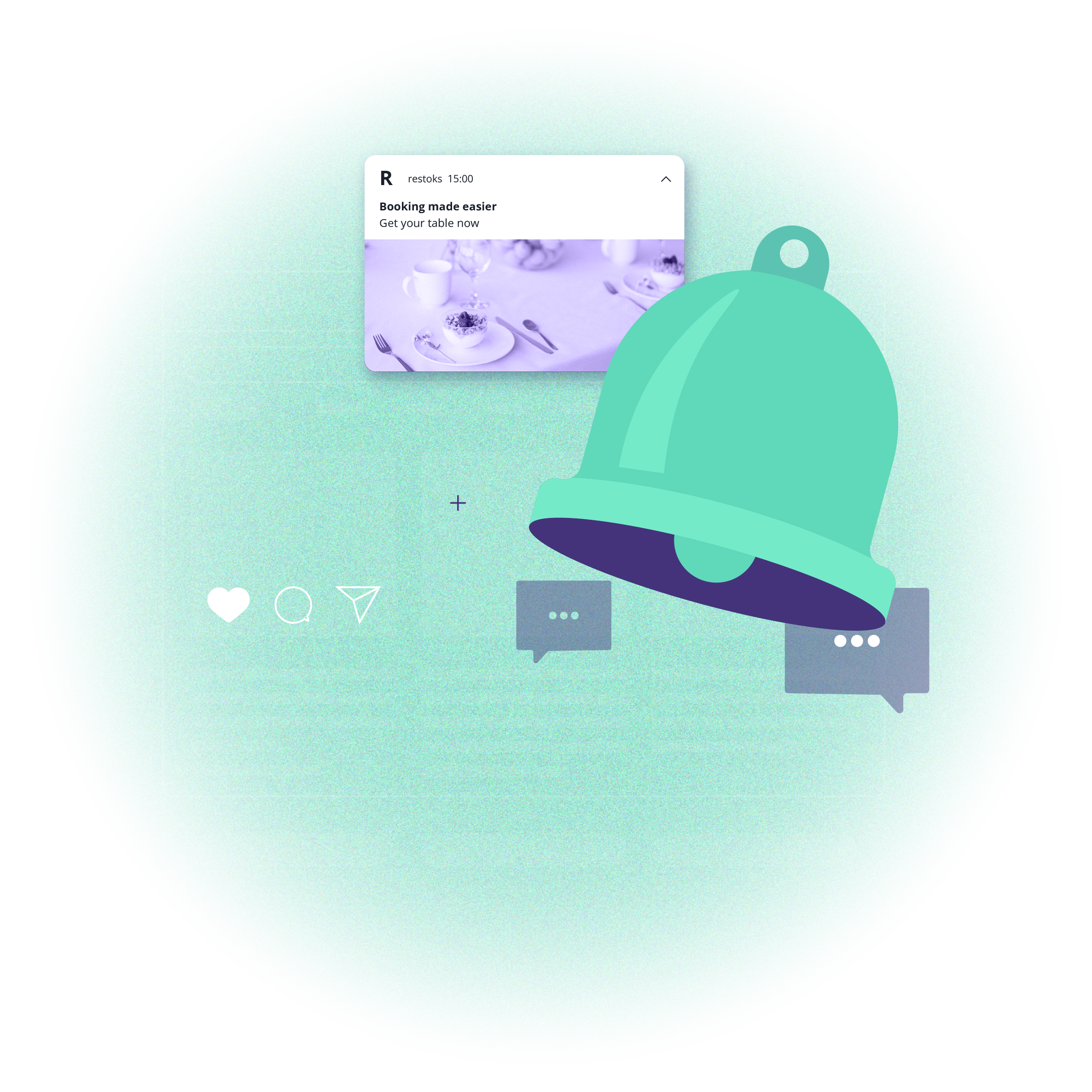Helping online publishers boost their views
 Aleksandra Kozioł
Aleksandra Kozioł © nortonrsx from Getty Images via Canva Pro
© nortonrsx from Getty Images via Canva ProAccording to a 2023 study by Columbia University, Google and Meta should cough up $1.2 bn if they care about fairly reimbursing online publishers for using their content. That’s just one aspect showing the perils of the business in 2024. However, the media still has some ways of counteracting the negative trends.
The publishers face problems
What are some of the most prominent challenges facing the online publishers?
Dwindling page visits
According to the research performed by the Reuters Institute, the number of people using websites as their go-to media source has been falling rapidly since 2015. In 2023 only about 24% of online users aged 18-24 start their news research on websites, compared to 54% among older demographics. The 35+ age group shows a steady interest in websites of around 50%. Still, there’s another factor to consider when talking about the falling interest.
The news fatigue becomes more and more prominent, especially given that the world gives us very little positive information. About 40% of online users admit to skipping news, because of being tired of the broadcasted topics - like the war in Ukraine, the Israel-Hamas conflict, and, last but not least, the climate change issues.
Fewer views from social media
The conflict between online publishers and platforms like Facebook and Twitter is getting heated. In the last quarter of 2023, Canada introduced the Online News Act (following in Australia’s footsteps) aiming to strongarm the platforms to reimburse online publishers fairly. The response came quickly, as Facebook imposed a ban on any news presenting on users’ walls.
The legislation doesn’t slow down, as more and more countries seek ways to force the tech giants to sign honest deals with online publishers - and tackle misinformation spread on social media. But currently, small media outlets are the ones taking the heat from the war.
Concerns about AI
The dwindling number of online journalists, “voluntary redundancies” in the newsrooms, and the cruel battle for user attention mean that publishers are more likely to turn to AI tools forcontent creation. It allows them to cut costs, create new text quickly, better analyze the results, and improve general efficiency. We’ve written about it here.
However, there’s a dark side to the process. Some pages use AI tools to aggregate content from legitimate sources. This, in turn, sheds new light on the matter of copyright infringement and reimbursement for using content to feed the AI text generators.
Tackling the publisher issues
Subscriptions remain the most important way to ensure fair reimbursement for online publishers - and access to well-prepared information for the subscribers. However, the number of online subscribers shows little variation. In order to boost the number of paying readers, some new strategies are required.
One of the ways to attract subscribers is to give them what they want in terms of formats. The popularity of audio and video content remains high. Investing in them can help - especially if they’re filled to the brim in useful, well-prepared content.
And let’s not forget about push notifications, especially combined with a well-prepared mobile app. BBC News is one such application using mobile push to stay in touch with its user base.

Things to keep in mind:
Do not overshare. Keep to the schedule and only send the most important news every few hours.
Avoid clickbait. Make sure users trust you enough to tap on the notification.
Use all the help you can get. AI can help you generate content for push notifications, allowing you to summarise the news in a single message.
Don’t forget about targeting. Segment your subscriber base to allow for more tailored communications every once and again.
Pushing news forward
There are many additional tools that can help you reach our readers (or watchers and listeners) quickly. Push notifications offer a wide array of personalization and targeting options, as well as add-ons for the rapid sending of breaking news.
If you want to learn more, please contact us at hello@pushpushgo.com

Content Specialist @PushPushGo
Editor and writer. She is interested in media and new technologies.
Try PushPushGo to engage and connect with your audience.
Create an account and start testing!





